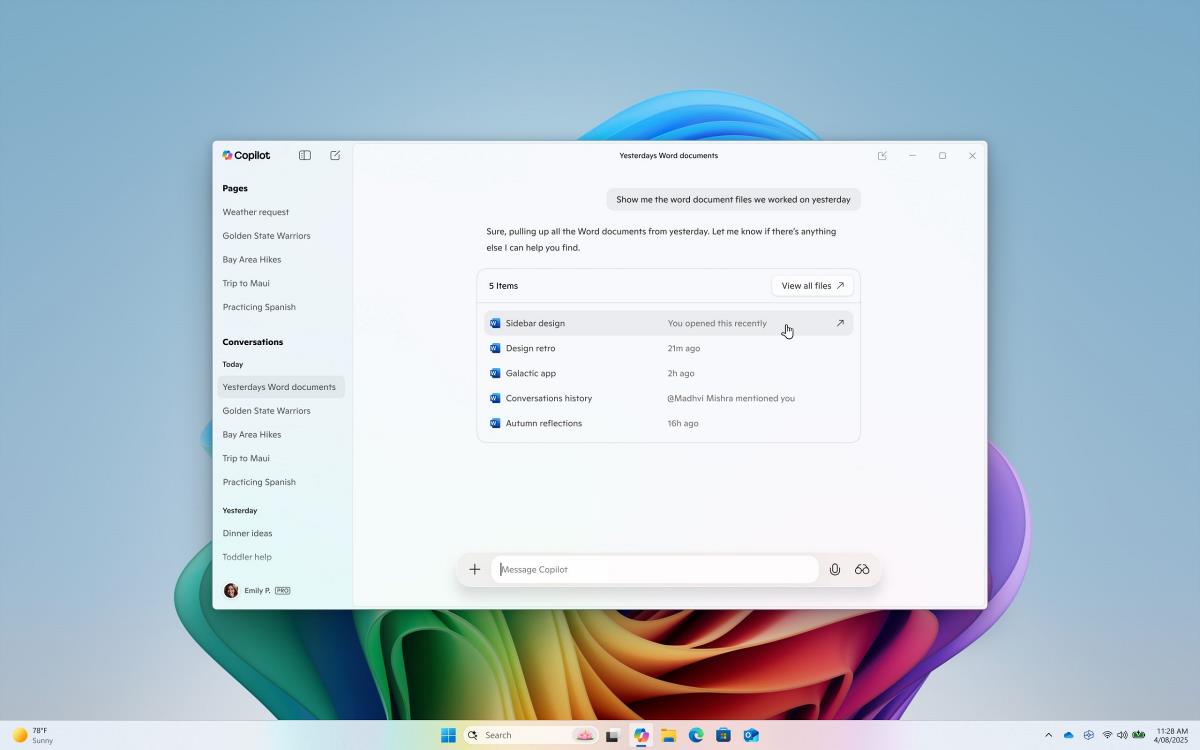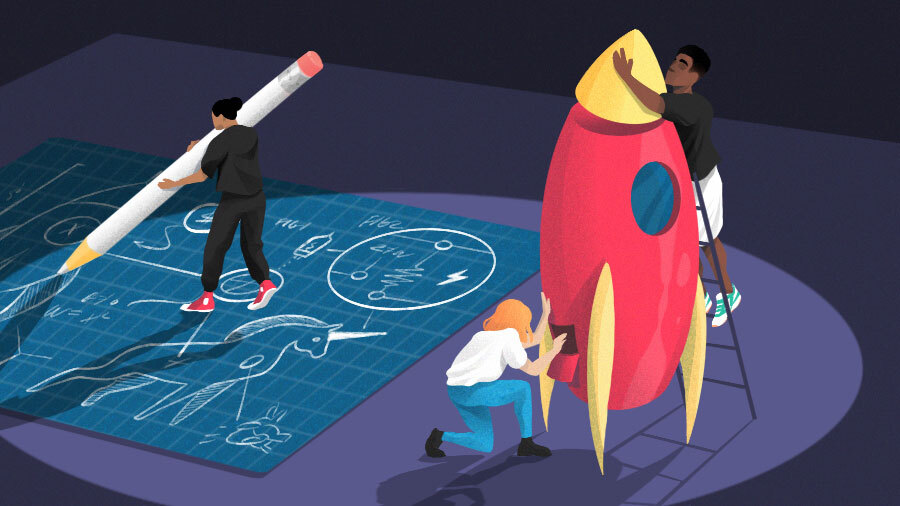Can AI outsmart Human beings?
Software's Future: Developer's Role Evolves Software drives our world, from phones to global systems. Developers are key, but tech advances bring change. The world is increasingly powered by software. From the smartphones in our pockets to the complex systems running global infrastructure, software developers are the architects of our digital reality. But as technology advances at an unprecedented pace, what does the future hold for these vital professionals? It's a landscape of both immense opportunity and evolving challenges. The Rise of AI and Automation: Perhaps the most significant shift is the increasing integration of artificial intelligence (AI) and automation into the development workflow. AI-powered tools are already assisting with code generation, bug detection, and testing, streamlining the development process. In the future, we can expect: AI-assisted coding: AI models will become more sophisticated, capable of generating complex code snippets and even entire applications based on high-level specifications. This doesn't mean developers will be replaced, but rather that their role will evolve towards higher-level design and architecture. Automated testing and deployment: Continuous integration and continuous deployment (CI/CD) pipelines, powered by AI, will become even more prevalent, allowing for faster and more reliable software releases. Low-code/no-code platforms: These platforms, which enable non-developers to create applications, will become more powerful and user-friendly. Developers will likely work alongside these platforms, integrating them into larger systems and building custom extensions. The Expanding Scope of Software Development: Software is permeating every aspect of our lives, leading to a broader range of development domains: The Internet of Things (IoT): With the proliferation of connected devices, developers will be crucial in building secure and efficient IoT applications, from smart home systems to industrial automation. Edge computing: As data processing moves closer to the source, developers will need to master edge computing technologies to build low-latency and responsive applications. Quantum computing: While still in its early stages, quantum computing holds immense potential for solving complex problems. Developers who specialize in quantum algorithms and software will be highly sought after. Virtual and Augmented Reality (VR/AR): The metaverse and immersive experiences are rapidly expanding, creating demand for developers who can build engaging and interactive VR/AR applications. Cybersecurity: As software becomes more integrated into critical infrastructure, cybersecurity will become paramount. Developers will need to prioritize security best practices and understand how to build resilient systems. The Importance of Soft Skills and Adaptability: Technical skills remain essential, but soft skills are becoming increasingly crucial: Communication and collaboration: Developers will need to effectively communicate with stakeholders, collaborate with cross-functional teams, and explain complex technical concepts to non-technical audiences. Problem-solving and critical thinking: The ability to analyze complex problems, identify root causes, and develop innovative solutions will be highly valued. Continuous learning and adaptability: The technology landscape is constantly evolving, so developers must be lifelong learners, willing to embrace new technologies and adapt to changing requirements. Ethical considerations: As software becomes more powerful, developers will need to consider the ethical implications of their work, ensuring that their creations are used responsibly and for the benefit of society. The Rise of Specialized Roles: As the field of software development becomes more complex, specialization will become increasingly important: AI/ML engineers: Developers with expertise in machine learning and deep learning will be in high demand. Cloud architects: Designing and managing cloud-based infrastructure will require specialized skills. DevOps engineers: Streamlining the development and deployment process will remain a critical role. Security engineers: Protecting software systems from cyber threats will be a top priority. Data scientists and engineers: The ability to process and analyze large datasets will be essential for building data-driven applications. Conclusion: The future for software developers is bright, albeit one that requires constant adaptation. While AI and automation may reshape the development process, they will also create new opportunities for developers to focus on higher-level tasks and innovate in emerging fields. The key to success will be a combination of strong technical skills, essential soft skills, and a willingness to embrace continuous learning. By staying ahead of the curve and adapting to the evolving landscape, software developers can continue to play a vital role in shaping the fut
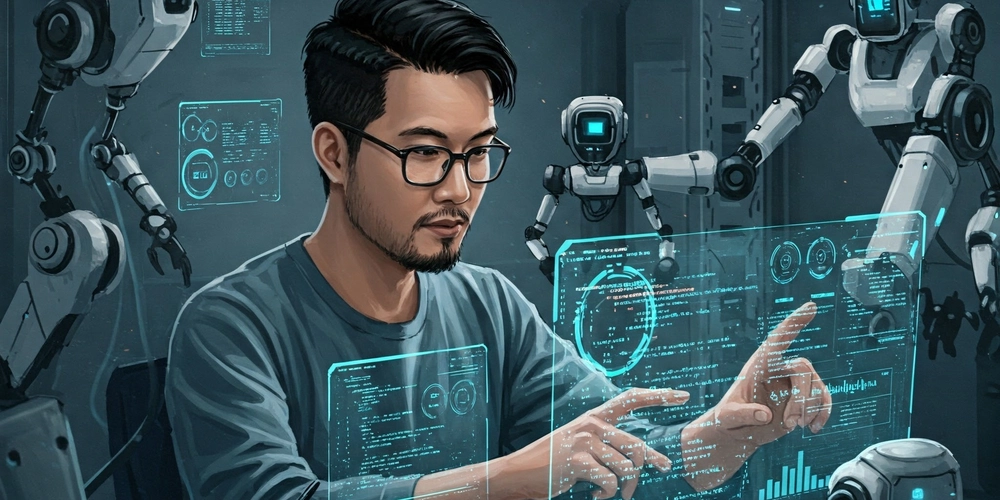
Software's Future: Developer's Role Evolves
Software drives our world, from phones to global systems. Developers are key, but tech advances bring change.
The world is increasingly powered by software. From the smartphones in our pockets to the complex systems running global infrastructure, software developers are the architects of our digital reality. But as technology advances at an unprecedented pace, what does the future hold for these vital professionals? It's a landscape of both immense opportunity and evolving challenges.
The Rise of AI and Automation:
Perhaps the most significant shift is the increasing integration of artificial intelligence (AI) and automation into the development workflow. AI-powered tools are already assisting with code generation, bug detection, and testing, streamlining the development process. In the future, we can expect:
- AI-assisted coding: AI models will become more sophisticated, capable of generating complex code snippets and even entire applications based on high-level specifications. This doesn't mean developers will be replaced, but rather that their role will evolve towards higher-level design and architecture.
- Automated testing and deployment: Continuous integration and continuous deployment (CI/CD) pipelines, powered by AI, will become even more prevalent, allowing for faster and more reliable software releases.
- Low-code/no-code platforms: These platforms, which enable non-developers to create applications, will become more powerful and user-friendly. Developers will likely work alongside these platforms, integrating them into larger systems and building custom extensions.
The Expanding Scope of Software Development:
Software is permeating every aspect of our lives, leading to a broader range of development domains:
- The Internet of Things (IoT): With the proliferation of connected devices, developers will be crucial in building secure and efficient IoT applications, from smart home systems to industrial automation.
- Edge computing: As data processing moves closer to the source, developers will need to master edge computing technologies to build low-latency and responsive applications.
- Quantum computing: While still in its early stages, quantum computing holds immense potential for solving complex problems. Developers who specialize in quantum algorithms and software will be highly sought after.
- Virtual and Augmented Reality (VR/AR): The metaverse and immersive experiences are rapidly expanding, creating demand for developers who can build engaging and interactive VR/AR applications.
- Cybersecurity: As software becomes more integrated into critical infrastructure, cybersecurity will become paramount. Developers will need to prioritize security best practices and understand how to build resilient systems.
The Importance of Soft Skills and Adaptability:
Technical skills remain essential, but soft skills are becoming increasingly crucial:
- Communication and collaboration: Developers will need to effectively communicate with stakeholders, collaborate with cross-functional teams, and explain complex technical concepts to non-technical audiences.
- Problem-solving and critical thinking: The ability to analyze complex problems, identify root causes, and develop innovative solutions will be highly valued.
- Continuous learning and adaptability: The technology landscape is constantly evolving, so developers must be lifelong learners, willing to embrace new technologies and adapt to changing requirements.
- Ethical considerations: As software becomes more powerful, developers will need to consider the ethical implications of their work, ensuring that their creations are used responsibly and for the benefit of society.
The Rise of Specialized Roles:
As the field of software development becomes more complex, specialization will become increasingly important:
- AI/ML engineers: Developers with expertise in machine learning and deep learning will be in high demand.
- Cloud architects: Designing and managing cloud-based infrastructure will require specialized skills.
- DevOps engineers: Streamlining the development and deployment process will remain a critical role.
- Security engineers: Protecting software systems from cyber threats will be a top priority.
- Data scientists and engineers: The ability to process and analyze large datasets will be essential for building data-driven applications.
Conclusion:
The future for software developers is bright, albeit one that requires constant adaptation. While AI and automation may reshape the development process, they will also create new opportunities for developers to focus on higher-level tasks and innovate in emerging fields. The key to success will be a combination of strong technical skills, essential soft skills, and a willingness to embrace continuous learning. By staying ahead of the curve and adapting to the evolving landscape, software developers can continue to play a vital role in shaping the future of technology.
Verdict: There are a lot tasks to be completed by human beings.

















































































































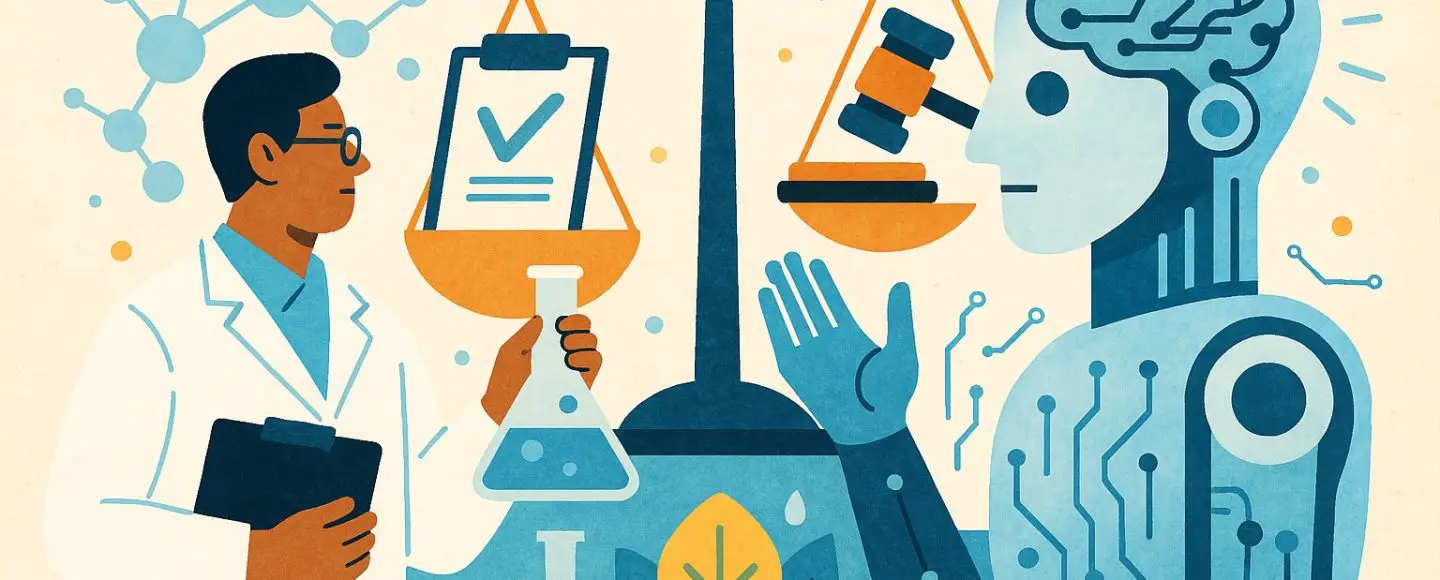







































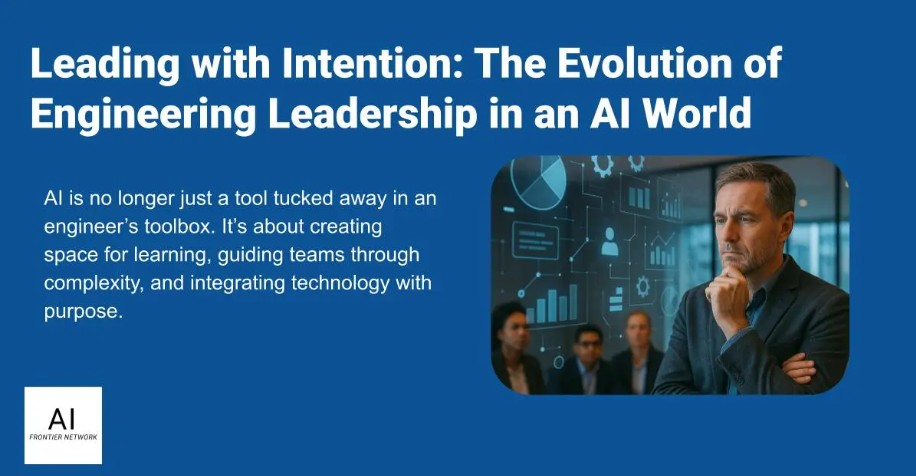
















![[The AI Show Episode 143]: ChatGPT Revenue Surge, New AGI Timelines, Amazon’s AI Agent, Claude for Education, Model Context Protocol & LLMs Pass the Turing Test](https://www.marketingaiinstitute.com/hubfs/ep%20143%20cover.png)










































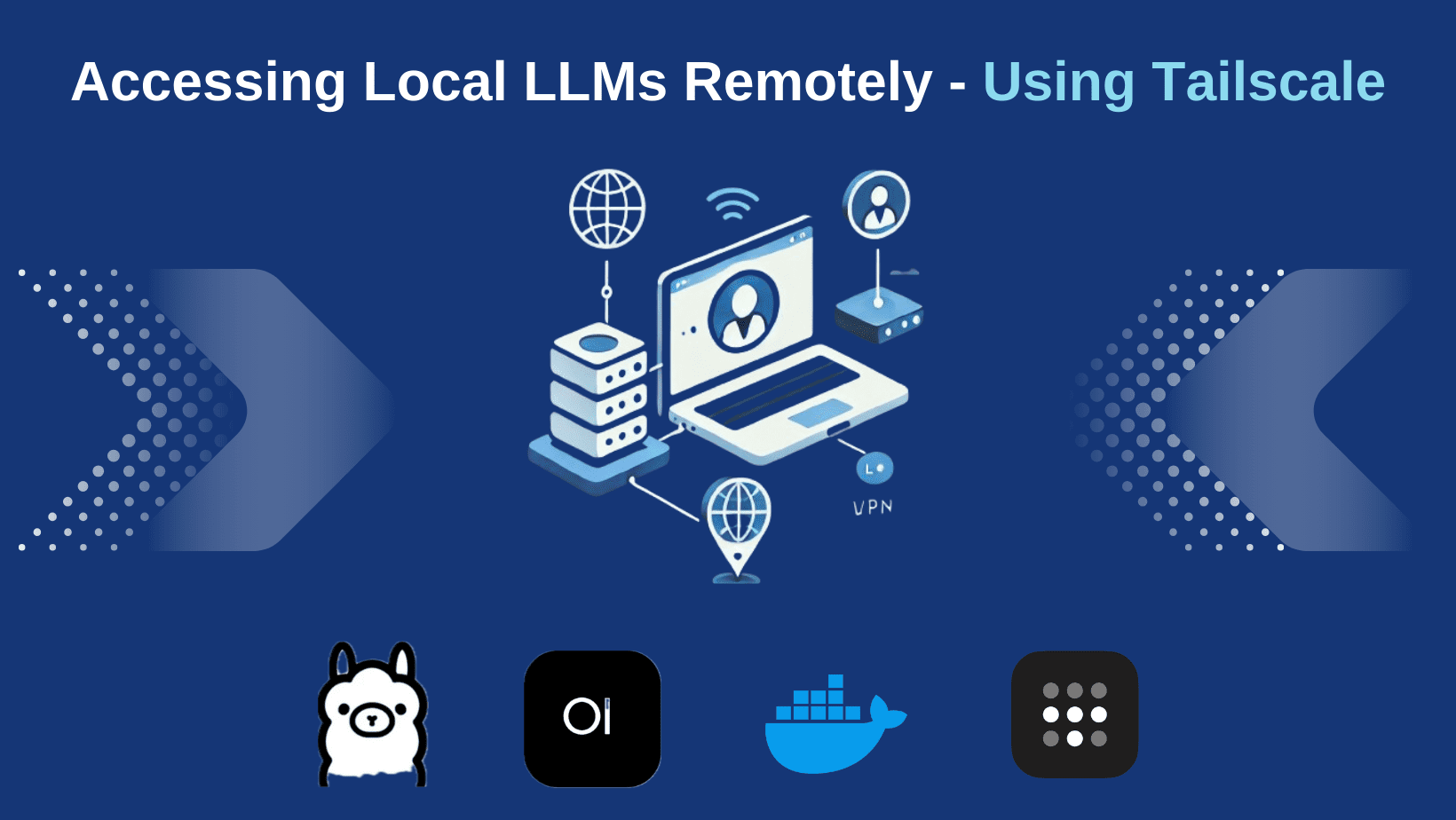


































































































































































































































.png?#)








































































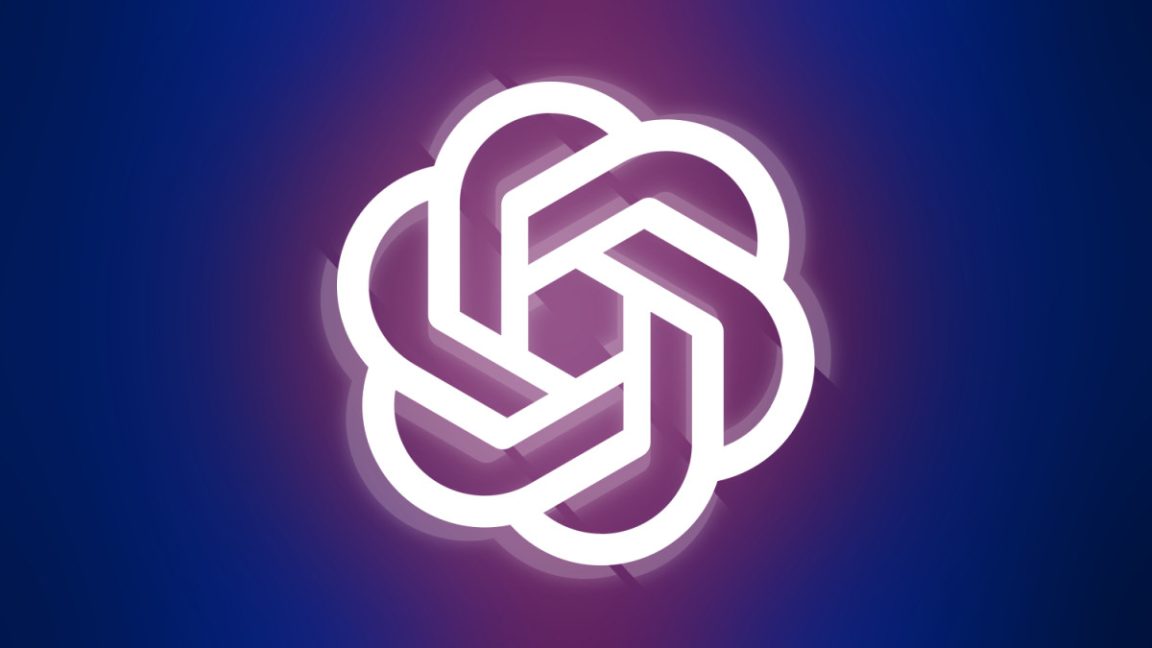



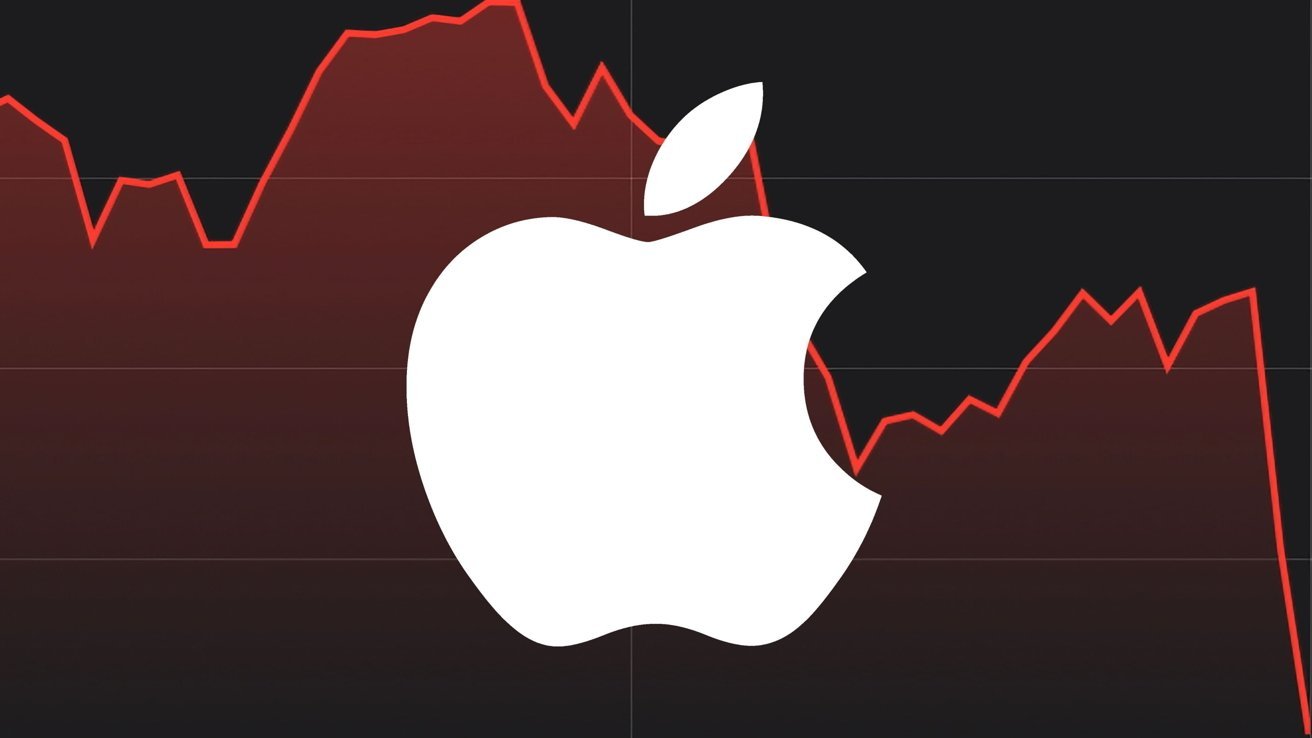





















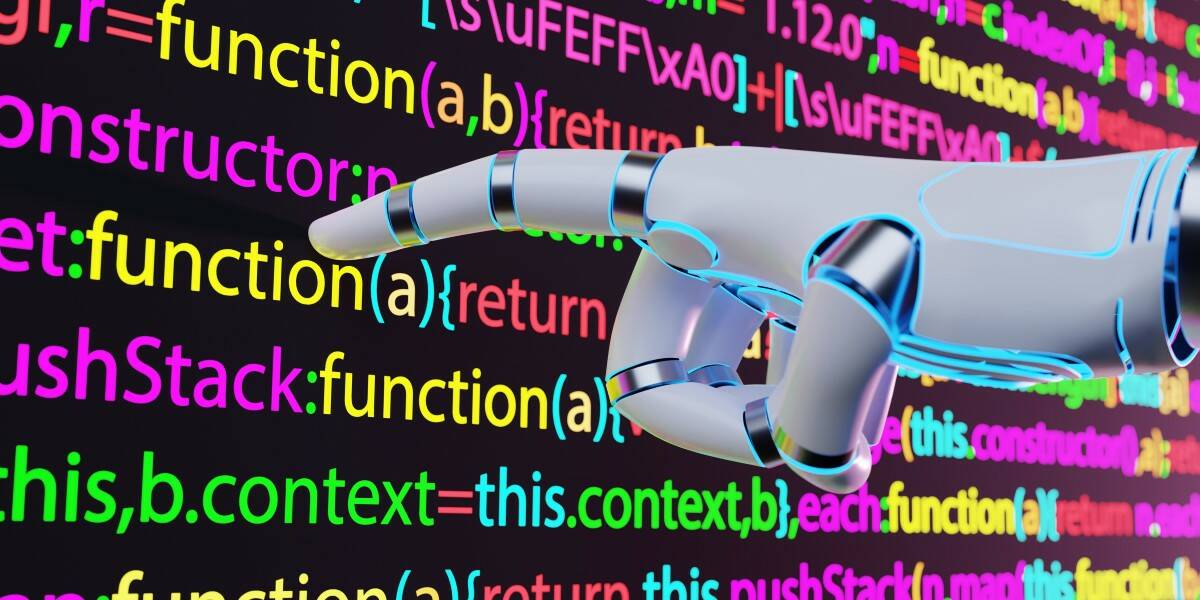


![Beats Studio Buds + On Sale for $99.95 [Lowest Price Ever]](https://www.iclarified.com/images/news/96983/96983/96983-640.jpg)


![Apple Watch to Get visionOS Inspired Refresh, Apple Intelligence Support [Rumor]](https://www.iclarified.com/images/news/96976/96976/96976-640.jpg)





















